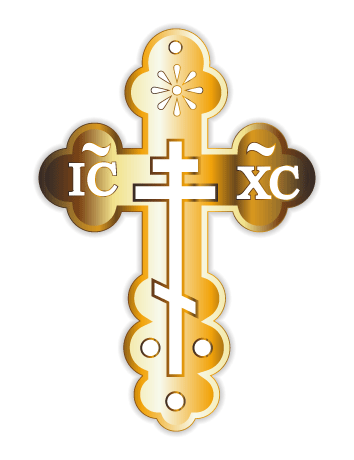Holy Communion
Who can receive Holy Communion at Holy Ascension?
Only Baptised and Chrismated Orthodox Christians who have prepared by fasting, prayer, and recent Confession may receive Holy Communion at Holy Ascension.
Receiving Holy Communion is a serious matter, as both Sacred Scripture and Holy Tradition make clear. We believe that the Eucharist is the Body and Blood of Christ, and that by partaking of Holy Communion we are united with Christ, and with one another in a unity of the Orthodox Faith.
Speaking of the seriousness with which we should approach the Eucharist, St Paul says:
“Therefore, whoever eats this bread or drinks the Lord’s cup in an unworthy manner will be guilty of the body and blood of the Lord. But let everyone do a self-examination, and then eat the bread and drink from the cup. For whoever eats and drinks unworthily eats and drinks judgment to himself, if such a one does not discern the body of the Lord. For this reason, many among you are weak and sick, and many have fallen asleep.” (1 Corinthians 11: 27 - 30).
On the one hand, we must approach Holy Communion with fear and trembling, but on the other, we should desire it with all our hearts, and not refrain long from Holy Communion, so that as we hear in the pre-Communion prayers: “we do not become victims of the noetic wolf (the devil) by staying away too long from Your communion.”
Normally, one should have kept the appointed fasts during the previous week, and should not eat or drink anything from the midnight prior to receiving Holy Communion. Exceptions are made for small children, the elderly, and those with a physical infirmity. If someone has a health problem that prevents them from fasting, this is something that they should discuss with their spiritual father, but no one should endanger their health by fasting if this prevents them from taking necessary medications, or if fasting makes their condition worse.
If you are visiting our church, are Orthodox, and wish to receive Holy Communion, it is best to let the priest know in advance so that questions don’t have to be asked when you approach the chalice.
Please note: A non-Orthodox Christian who marries an Orthodox Christian does not automatically become a member of the Orthodox Church, and is therefore not permitted to receive Holy Communion or other sacraments in the Orthodox Church.

